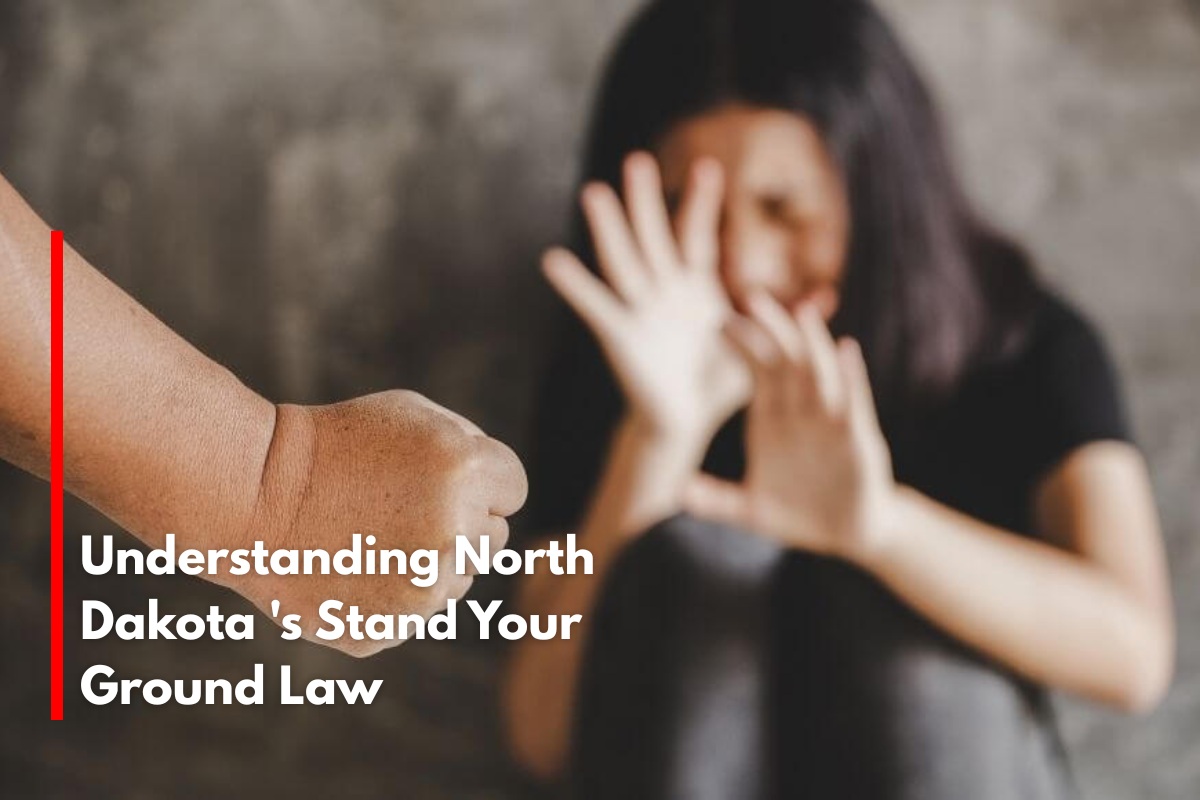North Dakota’s Stand Your Ground law, effective since August 1, 2021, marks a significant shift from traditional self-defense principles. Traditionally, self-defense law required individuals to retreat from threats if it was safe to do so.
However, North Dakota eliminated the duty to retreat, allowing individuals to use force, including deadly force, in self-defense without attempting to escape, as long as certain conditions are met.
Key Provisions of the Law
North Dakota Century Code Section 12.1-05-07 sets forth the legal framework for justified use of deadly force, with important provisions including:
No Duty to Retreat: Individuals have no legal obligation to retreat from a confrontation in any place they are lawfully allowed to be. This means if someone faces an imminent threat of serious bodily harm or death, they may stand their ground rather than flee.
Proportionality of Force: The use of force must be proportional and appropriate to the threat. Deadly force may only be used when reasonably necessary to prevent death, serious bodily injury, or the commission of a violent felony.
Non-Unlawful Activity: The person invoking this law must not be engaged in illegal activities that precipitate the dangerous situation.
No Provocation: The individual claiming self-defense under Stand Your Ground must not have provoked the attack or confrontation.
Immunity from Civil Liability: Individuals who lawfully use force in self-defense per the Stand Your Ground law are immune from civil lawsuits related to their defense actions.
Implications for Self-Defense in North Dakota
This law empowers residents to defend themselves, their family, and property without the legal obligation to retreat when faced with threats in places they have a legal right to be. It is designed to treat victims and potential aggressors more evenly by recognizing that fleeing is not always a reasonable or safe option.
The law also includes safeguards to prevent misuse by emphasizing lawful presence, proportionality, and no instigation of conflict. Violations occur if someone uses force unnecessarily or while engaged in criminal conduct.
Controversy and Public Opinion
Stand Your Ground laws, including North Dakota’s, have sparked debate across the U.S. Advocates argue these laws bolster personal safety rights and deter crime by empowering law-abiding citizens. Critics express concern over increased violence and potential misuse leading to unnecessary deadly confrontations.
Despite the debate, North Dakota’s law reflects a national trend toward reducing the duty to retreat in favor of enhanced self-defense rights.
North Dakota’s Stand Your Ground law removes the legal duty to retreat in self-defense situations within places where individuals are lawfully present. It allows proportional force, including deadly force, when reasonably necessary to prevent serious harm or violent crime, provided the individual is not engaged in unlawful activity or provocation.
The law provides civil immunity for justified self-defense actions, reinforcing residents’ rights to protect themselves and others safely under clearly defined circumstances.
Sources
(https://giffords.org/lawcenter/state-laws/stand-your-ground-in-north-dakota/)
(https://crateclub.com/blogs/loadout/does-north-dakota-have-a-self-defense-law-understanding-the-stand-your-ground-legislation)
(https://mtbook.com/us-law-abc/en/stand-your-ground-laws-2/)
(https://www.ncsl.org/civil-and-criminal-justice/self-defense-and-stand-your-ground)
(https://en.wikipedia.org/wiki/Stand-your-ground_law)











